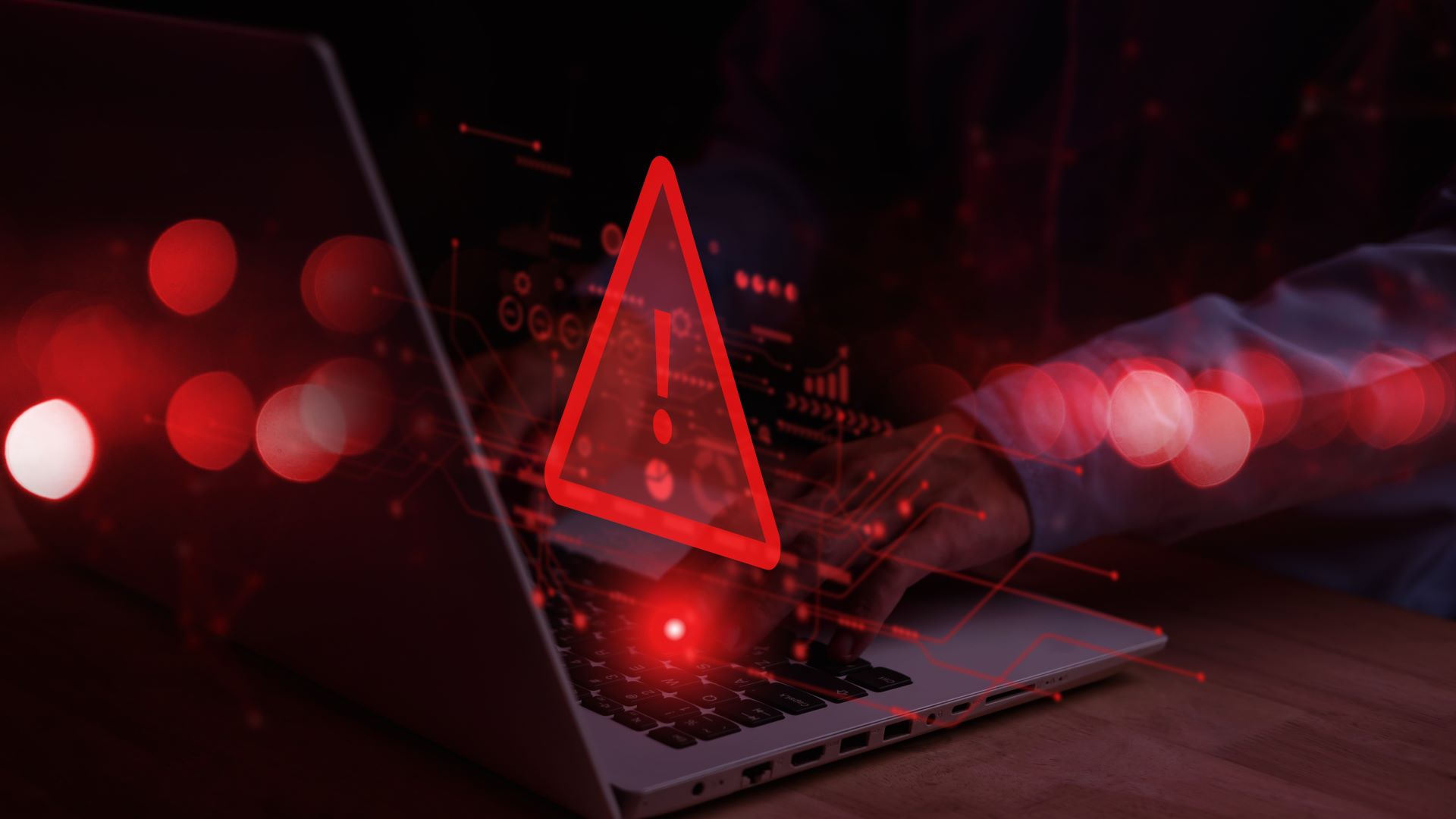Poland launches investigation in Pegasus spyware use by government
Notorious Israeli spyware reporterdly used to monitor opposition political figures and media

Following allegations made by Poland’s current Prime Minister in February 2024, the Polish government has formally launched an investigation into the use of Pegasus spyware by the previous administration.
Former officials who were involved in the use of the spyware will likely face criminal charges, with the victims potentially able to claim financial compensation and be involved in the criminal proceedings.
Pegasus is a phone-based spyware that covertly hijacks the device providing full access to apps and files, while also turning the device into a 24/7 tracking and listening device.
Thousands targeted by Pegasus
A 2021 data leak, accessed by the Guardian, showed that thousands of telephone numbers spread across several countries were accessed by the Pegasus spyware, with a number of media outlets being targeted by governments in Eastern Europe, most notably by Hungary’s Viktor Orbán.
The Pegasus software was developed in 2011 by the Israeli NSO group for both iPhone and Android devices, and can be used to remotely surveil individuals associated with terrorist groups, although it has been used more often to spy on opposition figures and media.
Other notable figures understood to have been targeted using the spyware include Poland’s current prime minister, Donald Tusk, and MEP Krzysztof Brejza, alongside a longer list of high-profile politicians which remains confidential while criminal proceedings take place.
Adam Bodnar, Poland’s justice minister, said, “This list is significantly more extensive than the list that has been made public already, a lot of other interesting public people.”
Are you a pro? Subscribe to our newsletter
Sign up to the TechRadar Pro newsletter to get all the top news, opinion, features and guidance your business needs to succeed!
The Pegasus spyware was allegedly widely used by Poland’s Law and Justice administration which was in power between 2015 and 2023, with the use of the spyware subsiding in 2021 following widespread media coverage following the data leak.
More from TechRadar Pro
- US and UK sign deal to partner on AI research
- Take a look at our guide to the best business VPN tools for staying safe online
- OWASP Foundation reveals data breach following Wiki web server issue

Benedict has been writing about security issues for over 7 years, first focusing on geopolitics and international relations while at the University of Buckingham. During this time he studied BA Politics with Journalism, for which he received a second-class honours (upper division), then continuing his studies at a postgraduate level, achieving a distinction in MA Security, Intelligence and Diplomacy. Upon joining TechRadar Pro as a Staff Writer, Benedict transitioned his focus towards cybersecurity, exploring state-sponsored threat actors, malware, social engineering, and national security. Benedict is also an expert on B2B security products, including firewalls, antivirus, endpoint security, and password management.